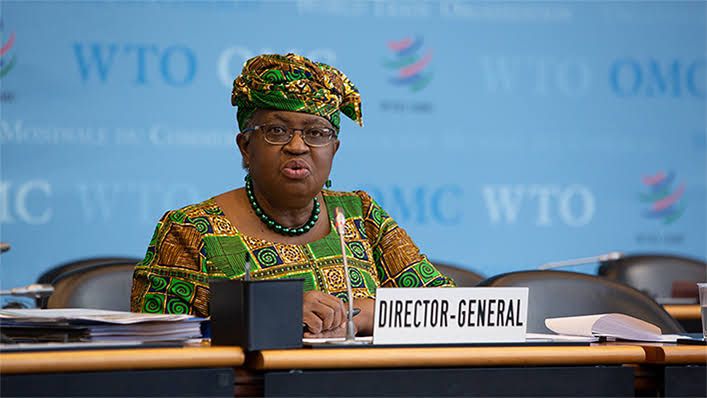Sports diplomacy has emerged as a powerful tool for fostering cooperation and understanding among African nations, particularly in regions marked by geopolitical tensions and conflict. By transcending cultural and political boundaries, sports can unite communities, build bridges, and promote peace, even between conflicting nations, facilitating dialogue and collaboration.
Sport is a universal activity that appeals to diverse audiences and creates a shared language among individuals from different backgrounds. Events like the Olympics and the FIFA World Cup provide crucial platforms for countries to showcase their culture and spirit while competing amicably. The values associated with sport—teamwork, perseverance, and respect—are instrumental in fostering solidarity and cooperation.
Historical examples, such as “Ping Pong Diplomacy” in the 1970s, highlight the importance of sports diplomacy in easing tensions between nations. The “Ping Pong Diplomacy” initiative helped improve relations between the United States and China. Similarly, sports have fostered dialogue in conflict zones, with initiatives aimed at bringing together young people from opposing factions to promote understanding and camaraderie.
Sports have also served as neutral ground for cooperation between historical rivals, promoting cross-border collaboration and strengthening ties. The African Union has recognised the potential of sports as a tool for peacebuilding, initiating events like the African Games and regional tournaments. These initiatives help to promote athletic talent and foster unity among member states by emphasising shared goals and collective identity, thereby contributing to regional stability.
Sports diplomacy fosters cooperation through several mechanisms, including the organisation of joint sporting events that bring countries together and encourage interaction among athletes and fans. Such events promote dialogue and showcase the positive aspects of collaboration, reducing animosity. These exchanges allow athletes from different nations to interact and promote cultural understanding. Additionally, training programmes that involve athletes from rival nations working together can cultivate friendships and challenge stereotypes.
Engaging young people is another crucial aspect of sports diplomacy. By instilling values of teamwork and respect from an early age, cross-border sports initiatives help shape future leaders who prioritise collaboration over conflict.
While sports diplomacy holds immense potential for reducing conflict in Africa, several challenges hinder its full realisation. Political tensions can overshadow sporting events, leading to boycotts or cancellations. Furthermore, the commercialisation of sports can dilute their diplomatic potential, as profit motives may sometimes overshadow the spirit of cooperation.
The effectiveness of sports diplomacy lies in its ability to adapt to changing geopolitical landscapes. With the rise of new technologies and platforms, sports organisations can harness social media to promote cross-cultural engagement and dialogue. Initiatives that prioritise inclusivity and diversity can also amplify the positive impact of sport on regional cooperation.
Sports diplomacy offers a unique platform for fostering regional cooperation, providing opportunities for dialogue, understanding, and friendship. By leveraging the universal appeal of sport, nations can work together to build bridges and promote peace, transcending political and cultural divides. In a world increasingly defined by conflict, the role of sport as a unifying force has never been more critical. Embracing sports diplomacy can pave the way for a more harmonious and cooperative global community.




